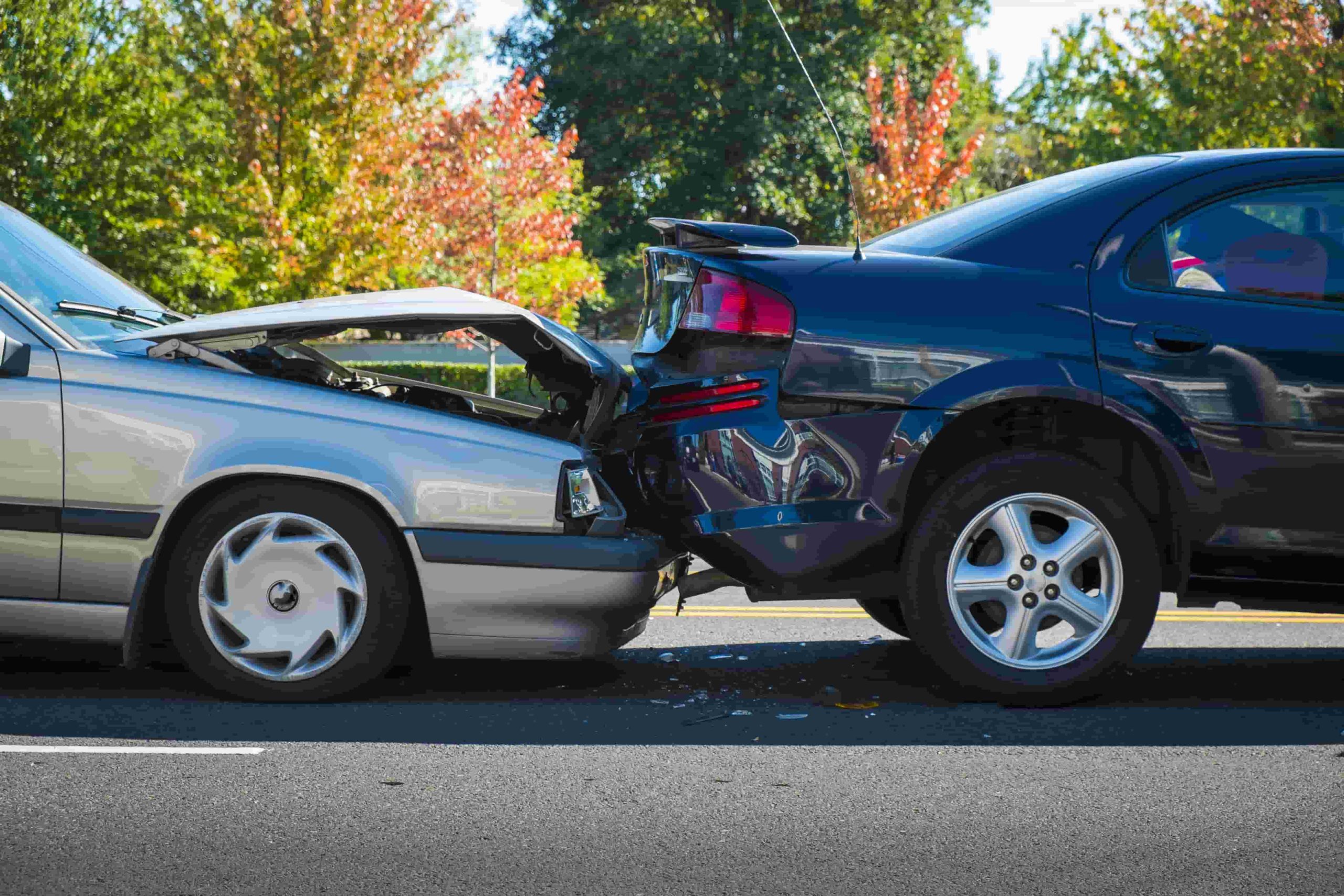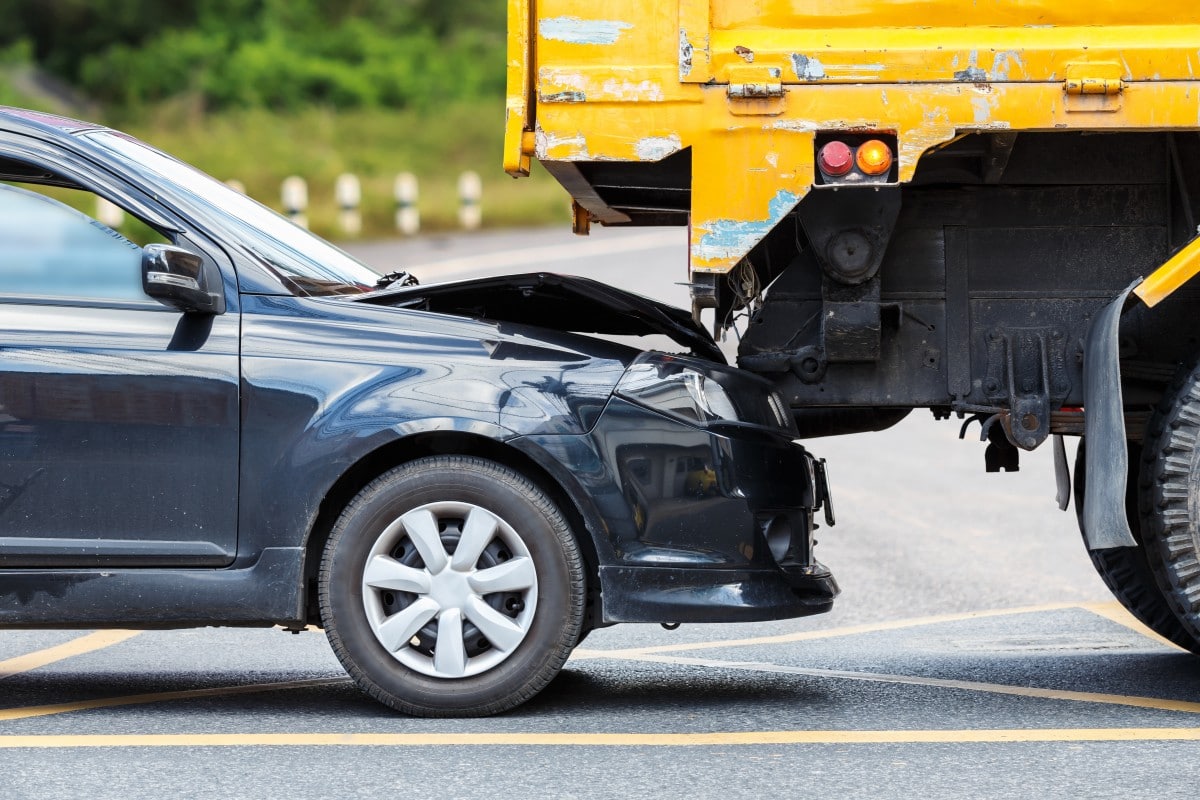Brake checking refers to hitting the brakes in order to put another driver in his or her place, and it can lead to serious rear-end accidents, which are among the most common and most dangerous accidents out there. If you’ve been injured by another driver’s negligence in a brake-checking accident, don’t put off consulting with an experienced Austin car accident attorney.
What’s in This Guide
Brake Checking
The State of Texas has no specific laws on the books that refer to the act of brake checking (which means slamming on one’s brake to let the driver who is tailgating know to back off), but a charge of negligent, reckless, or aggressive driving may apply to the act of brake-checking. In fact, tailgating is a common form of aggressive driving, but if you’re tempted to give the aggressive driver a taste of his or her own medicine by hitting your brakes, think again. The State of Texas advises you to instead keep the following antidotes to aggressive driving – which is specifically addressed by Texas law – in mind:
- Stay calm and keep your own emotions under control (don’t become aggressive yourself).
- Focus on driving as safely as you can, including being cautious and considerate of others.
- Give any aggressive drivers around you all the room you can.
- Only use the left lane for passing other vehicles (when you need to do so).
- Avoid engaging in any driving behaviors that may provoke another driver, such as stepping on your brakes for no other reason than giving the driver to your rear a scare.
The fact is that engaging in aggressive driving in order to thwart the aggressive driver behind you is a dangerous game that can lead to tragedy. If the guy behind you is coming up fast and continues to ride your car’s tail, move to the rightmost lane, and if you have nowhere else to go, do what you can to accommodate the rear driver (short of speeding dangerously). If your safety or the overall safety of the road is in jeopardy, it’s time to pull over (as soon as it’s safe to do so) and call 911. You could help save a life.
Tailgating

Texas directly addresses the matter of tailgating, and the Texas Department of Insurance takes on the practice specifically. When a motorist chooses to drive too closely to a forward vehicle in protest of him or her driving too slowly for the motorist’s liking, it’s called tailgating, and it’s a dangerous practice that makes rear-end crashes that much more likely. While rear drivers aren’t always deemed at fault in rear-end collisions, this is generally the case. To help put things in perspective, the Texas Department of Insurance shares the following rear-end accident statistics as forwarded by the National Highway and Traffic Safety Administration (NHTSA):
- About 23 percent of all the traffic accidents out there are rear-end crashes.
- Rear-end crashes are responsible for about 2,000 fatalities and about 950,000 injuries every year.
Rear-end accidents are dangerous accidents that are generally avoidable.
When You Drive too Closely
When you drive too closely to a forward vehicle, you reduce the amount of time you have to react to an unexpected slowdown or stop – regardless of the reason for the slowdown or stop. It’s important to note that the distance you need to safely slow down or come to a stop on the road is affected by all the following variables:
- The size and weight of your vehicle (the heavier your vehicle, the more stopping distance required)
- Your speed (the faster you’re driving, the more stopping distance you’ll need)
- The condition of the road (if the roads are made slippery by wet or icy weather, you – and everyone else on the road – are going to need more space to stop safely)
When a driver tailgates, he or she sacrifices his or her perception (the time it takes to perceive a forward obstacle to safety) and his or her reaction time (the amount of time it takes to physically react to the perceived hazard ahead) – amounting to a double whammy of dangerous effects. In general, alert motorists are advised to allow a two-second cushion of driving time (that allows them to identify any upcoming hazards and react safely to them) between their own vehicles and any forward vehicles. When driving in adverse conditions, such as any of the following, you’re well-advised to pad your safety cushion by doubling it:
- Driving at night
- Driving in poor conditions generally
- Driving in heavy traffic
- Driving in road construction
Brake-Checking Accidents
If you have been injured in a brake-checking accident, recovering compensation that covers your physical, financial, and emotional damages can be exceptionally challenging. To begin, you are required to drive safely in relation to the road’s condition and traffic all around you, which includes not tailgating and not otherwise driving recklessly, such as by slamming on your breaks to school someone else in polite driving. Both are extremely dangerous practices.
Generally, however, rear drivers are deemed responsible for rear-end accidents because they fail to allow the necessary buffer between their own vehicles and forward vehicles. The fact is that you never know when you’ll need to stop abruptly, which makes it dangerous to ever follow another vehicle too closely. However, sometimes, it’s difficult to find adequate space on the road, and a forward driver who aggressively slams on his or her brakes – amplifying the effects of heavy traffic for no reason – can be held responsible for the action (and deemed to be either at fault or to share fault for any resulting rear-end accidents).
[LEARN MORE]:
- Does PIP Cover My Injuries if I was a Passenger or Not in a Vehicle in Austin, TX?
- Can Other Accidents on Your Driving Record Affect an Austin Injury Claim?
Injured in a Brake-Checking Accident? Seek the Legal Counsel of an Experienced Austin Car Accident Attorney Today
If you’ve been injured in a brake-checking accident, the road forward toward compensation can be exceptionally challenging, but the insightful Austin car accident attorneys at The Patel Firm have the legal skill necessary to compile the evidence that highlights the other driver’s negligence in the matter – in support of your best interests. We’re here to help, so please don’t delay contacting or calling us at 361-400-2036 for more information today.


